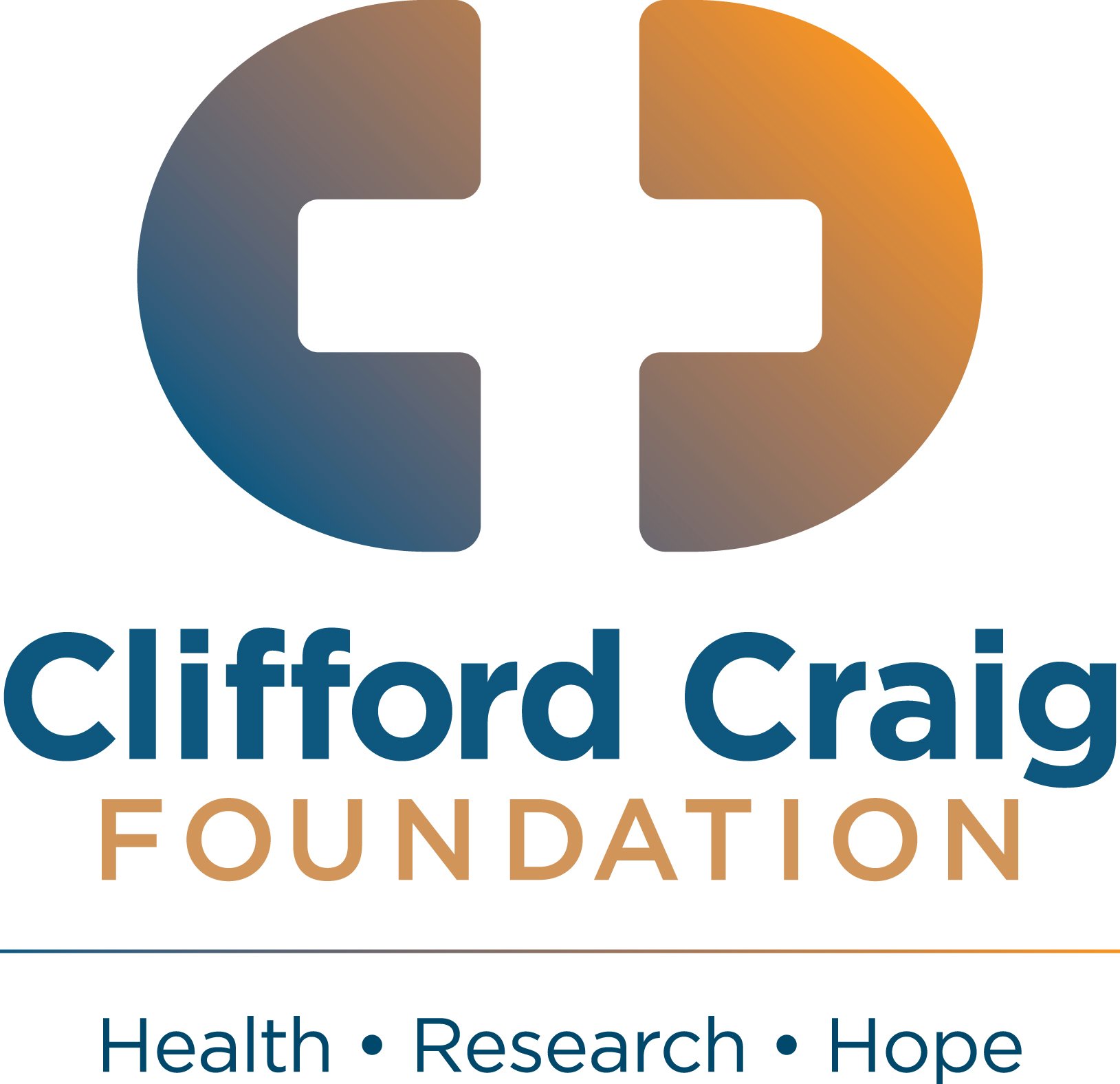Tasmanian-first study to assess rates of breast reconstruction
Unveiling the Landscape of Post-Mastectomy Breast Reconstruction in North-North-West Tasmania: A Two-Phase Journey- Dr Rupak Deshpande/Dr Mikko Larsen - $46,475
When a patient has breast removal surgery due to cancer, it leaves a lasting impact either through amputation or scarring.
While the timing of this reconstruction can vary, standardised referral pathways exist to facilitate the provision of various treatment modalities.
Put simply, breast removal surgery focuses on survival, while reconstructive surgery aims to improve the patient's quality of life.
In North and North-West Tasmania, about 29 pent of breast reconstructions occur within the public healthcare system.
While significant progress has been made in detecting and curing breast cancer, the focus is now shifting to advancing reconstructive surgery to enhance the overall wellbeing of patients after breast removal surgeries.
A Tasmanian first, this study will assess the rates of breast reconstruction in North and North-West Tasmania, including the existing referral pathways and mechanisms within the healthcare system.
As Dr Rupak Deshpande explained, many patients find themselves unaware of the full spectrum of options available to them. Further, they can wait years for a procedure that might not be necessary or appropriate.
“I vividly recall an encounter with a lady who entered the clinic, stating that she was there for an operation after being informed about the need for breast reconstruction,” Dr Deshpande said.
“Upon further discussion, she revealed she was content with her current body image and her reason for seeking surgery was simply a misunderstanding – she believed she was awaiting another operation.
“This underscores the importance of comprehensive patient education before deciding on reconstructive procedures.”
This study has the potential to provide clinicians with a comprehensive understanding of the clinical journey that patients undertake after being diagnosed and treated for breast cancer in Tasmania.
“Research projects serve as a vital tool for healthcare providers to adapt and improve, ensuring that patient care aligns with contemporary standards and is responsive to the evolving landscape of healthcare needs,” Dr Deshpande said.
“Beyond the medical aspects, it offers a unique opportunity to delve into the social and psychological impact of post-cancer ablation breast surgery on a woman's life.
“Such a holistic understanding is crucial for tailoring patient care, support, and interventions to address the diverse challenges that individuals may face in their journey towards recovery and well-being.”
“Research projects serve as a vital tool for healthcare providers to adapt and improve.”
Dr Rupak Deshpande
About the Researcher
A qualified plastic surgeon from Mumbai, Rupak completed his training across three major hospitals in India, with breast reconstruction forming an integral part of his training.
Having already published research in the area of breast reconstruction in the prestigious Indian Journal of Plastic Surgery, his work is now focussed on the technical aspects of breast reconstruction.
“I felt the pressing need of research which focussed on patient reported outcomes and am happy and thankful that the Clifford Craig Foundation has provided me with the opportunity.”


